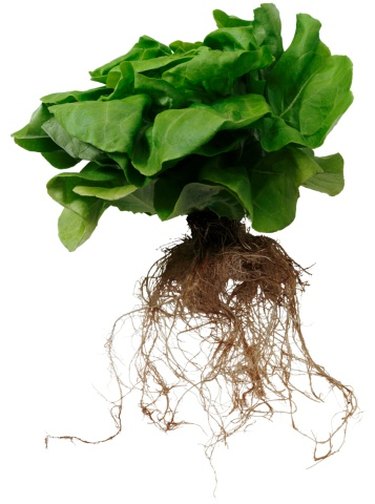
Vascular plants have extensive root systems that anchor the plant in the ground, allow the plant to absorb and conduct water and nutrients through the plant system, and store food. Scientists have identified four distinct root zones within a plant's root system.
Location
Video of the Day
The region of maturation is located at the top of the root, or closest to the plant. The end of the root is known as the root cap. A plant cell will begin in the region of cell division, and then travel to the region of elongation. In this zone, a cell will elongate and then travel to the zone of maturation.
Video of the Day
Cell Differentiation
Cell differentiation takes place in the zone of maturation. This is where cells take on an identity about what function they will serve within the plant's root system. Cells become parenchyma cells, to store and move nutrients. Or, they may become sclerencyma cells, which become part of the cell wall. Cells differentiate based on the amount of division and amount of maturation within the cell wall.
Water and Mineral Uptake
Root hairs are attached to the root within the zone of maturation. Root hairs are tiny hairs used to absorb water and minerals from the soil by increasing the surface area. Root hairs are critical to a plant's development. If you are going to transplant a plant or tree, it is imperative to move the soil ball, to protect the tiny root hairs.
Acid Secretion
The last function of the zone of maturation is acid secretion. Plants secret acids to initiate soil mineral exchange. The acids, or hydrogen ions, are secreted onto soil particles by the fine, young roots hairs found in the zone of maturation. They are exchanged with the calcium, magnesium and iron mineral ions found in the soil.